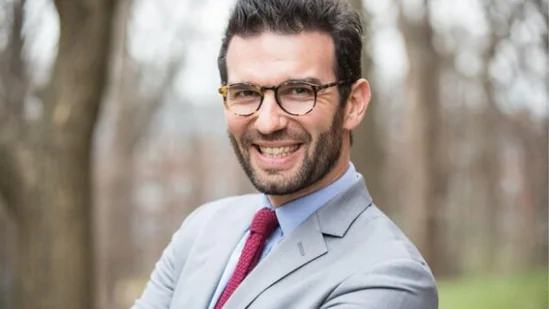Even after country-level initiatives like the Paris Agreement, climate change remains a core issue. Adaptation and finance continue to be global key challenges in climate change, just as important as mitigation. Climate experts suggest devising innovative methods and financial mechanisms for vulnerable countries to adapt to climate change. “The physical impacts of climate change are increasing, and the window of opportunity for building resilience and adapting at lower costs is closing rapidly,” quotes Romain Pison, a decarbonization expert and government policy advisor.
Romain Pison, who is skilled in international development and project finance, says, “We cannot continue to finance project after project, and not work on global budget allocation and strategies.” On that note, he suggests adaptation investments be made across sectors such as transport, energy, infrastructure, coastal zones, health, and disaster preparedness and response.”
With 15 years of experience working on infrastructure, construction, and transport, Pison has carried out climate projects in more than 30 markets. The climate expert runs his own infrastructure advisory service, advising clients on green infrastructure and ESG. “I have seen the entire supply chain in the transport sector from various angles and stakeholders,” says Pison, who is helping the sector decarbonize and adapt to climate change.
Pison adds that, with the right strategies and financial mechanisms, countries can prepare better for climate change and minimize the socioeconomic impacts. He also advocates for public-private partnerships to ensure that the right technology and services are delivered to communities. “We have to have a holistic approach to climate change and climate adaptation,” he says. Pison strongly believes that close collaboration between governments, businesses, and local communities is key to achieving climate resilience.
Large international organizations do not do enough on climate change and climate adaptation. “Lowering the equity-to-lending ratio and adding more risks to the lending would be a first step” explains Romain Pison, “but these institutions also care about perception, reputational risk, and credit rating. And doing so is not enough because it would increase lending by a few billions USD only.”
Developing countries need to secure a minimum of USD 1 trillion a year in external financing for climate action by the end of the decade and match that with their own funds, in order to cut emissions, boost resilience, deal with damage from climate change and restore nature and land. To meet this challenge, international organizations should make strategic investments in climate action, build up specialized teams of experts, and use the power of their reach and influence to drive the energy transition to a low-carbon and resilient world.
They should also use their financial resources to make direct investments in climate-friendly projects and companies, and increase their support for climate-smart agriculture, green infrastructure, and renewable energy.
They should also incentivize private sector investment by providing financing, risk mitigation, and other incentives. Finally, international organizations should work together to build a global coalition of partners dedicated to fighting climate change and investing in climate action.
His advice is to “establish partnerships to create new solutions and build a resilient future.” As climate change continues to be a pressing issue, Pison’s expertise and experience highlight the need for innovative solutions and financial mechanisms to help vulnerable countries adapt.

